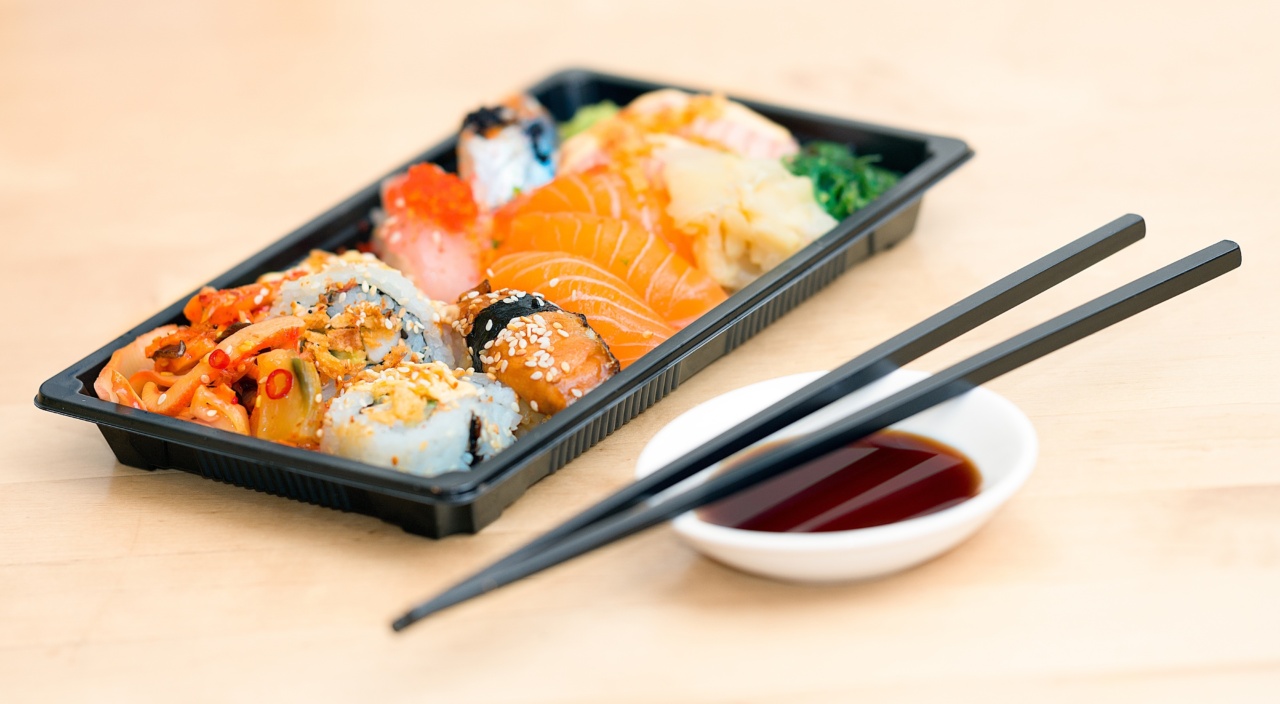Japan is one of the countries with the lowest rates of heart disease, and researchers believe that the traditional Japanese diet plays a significant role in this. If you want to improve your heart health, consider following the Japanese way of eating.
Here are some tips:.
1. Eat more fish
Fish is a staple in the Japanese diet, and it’s a great source of heart-healthy omega-3 fatty acids. Try to eat fish at least twice a week, and choose fatty fish like salmon, tuna, and sardines.
2. Say yes to soy
Soy is a protein-packed food that’s low in saturated fat and high in fiber. It’s a key ingredient in many Japanese dishes like miso soup, tofu, and edamame.
3. Embrace vegetables
The Japanese diet is rich in vegetables. They’re used in everything from soups and stews to side dishes and salads.
Vegetables are low in calories and high in fiber, so they can help you maintain a healthy weight and reduce your risk of heart disease.
4. Choose whole grains
Whole grains like brown rice, barley, and quinoa are a staple in the Japanese diet. They’re rich in fiber and nutrients, which can help lower your risk of heart disease and keep your blood sugar levels in check.
5. Keep portions small
In Japan, meals are typically served in small portions. This means you’re less likely to overeat and consume too many calories. Try serving your meals on smaller plates or bowls to help keep your portions in check.
6. Cut down on salt
The Japanese diet is relatively low in salt, which is good news for your heart. Too much salt in your diet can raise your blood pressure, increasing your risk of heart disease.
Try using other flavors like herbs and spices to season your food instead of salt.
7. Drink green tea
Green tea is a staple in the Japanese diet and is rich in antioxidants called catechins. These antioxidants can help improve heart health by reducing inflammation and preventing the buildup of plaque in your arteries.
8. Try fermented foods
Fermented foods like miso, pickles, and kimchi are staples in the Japanese diet. They’re packed with probiotics, which can help improve digestion and boost your immune system.
Some studies also suggest that probiotics may help reduce your risk of heart disease.
9. Say no to sugar
The traditional Japanese diet is low in sugar, which is good news for your heart. Too much sugar in your diet can lead to weight gain and increase your risk of heart disease.
Try to cut back on sugary drinks and snacks, and choose healthier options like fruit instead.
10. Eat mindfully
In Japan, meals are often eaten slowly and mindfully. This means you’re less likely to overeat and more likely to enjoy your food. Try to savor each bite and pay attention to how your body feels.
This can help you avoid overeating and make healthier choices.
Conclusion
The traditional Japanese diet is a great way to improve your heart health.
By eating more fish, soy, vegetables, and whole grains, and cutting back on salt, sugar, and processed foods, you can reduce your risk of heart disease and improve your overall health.






























